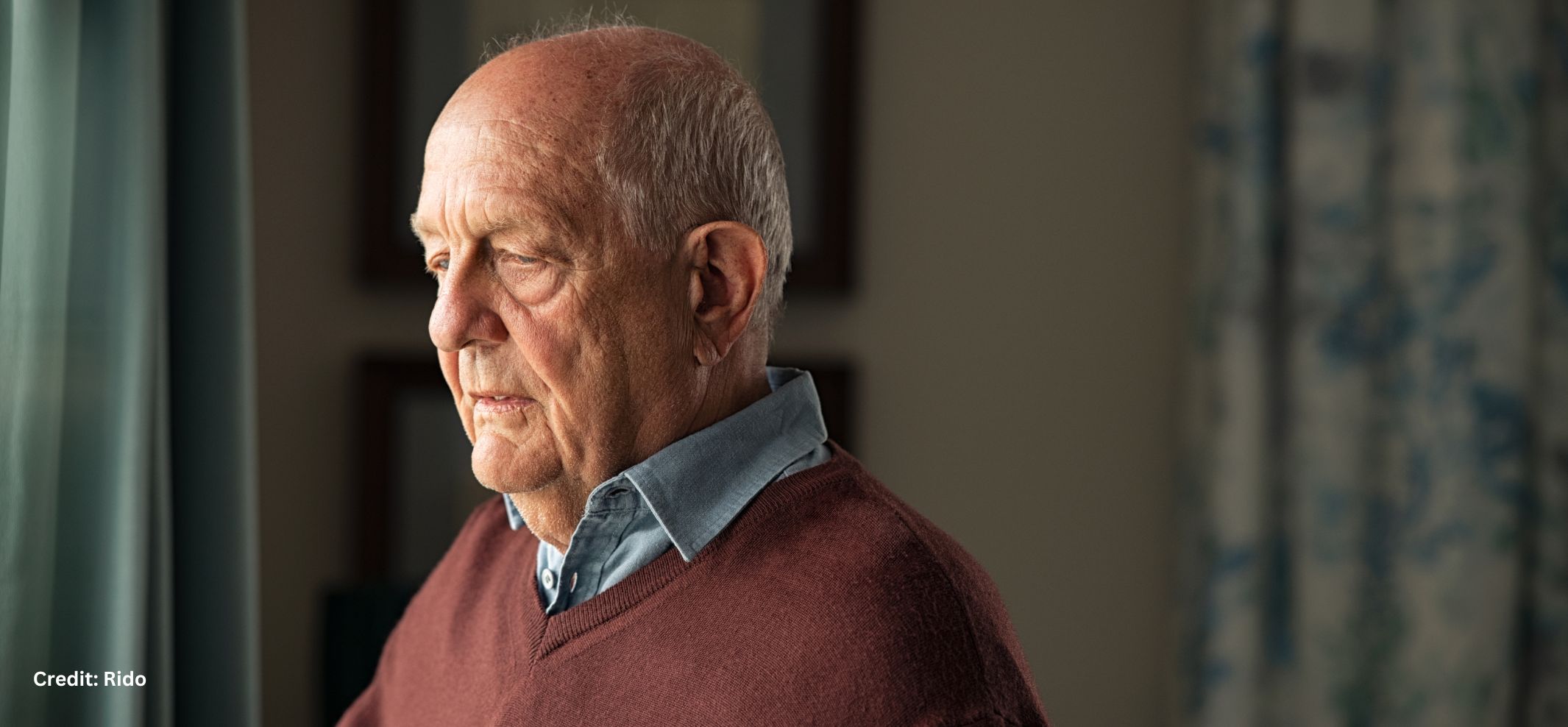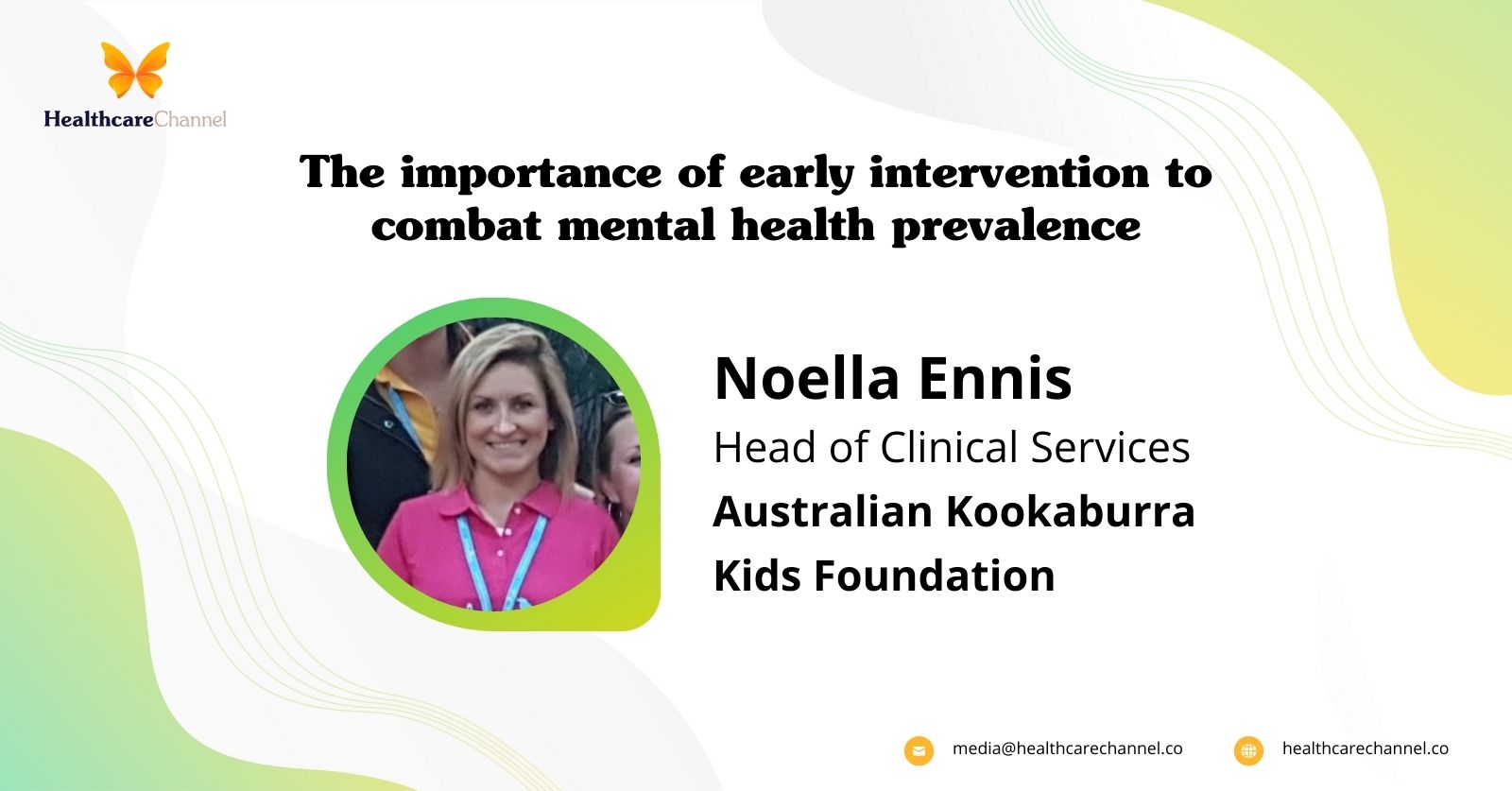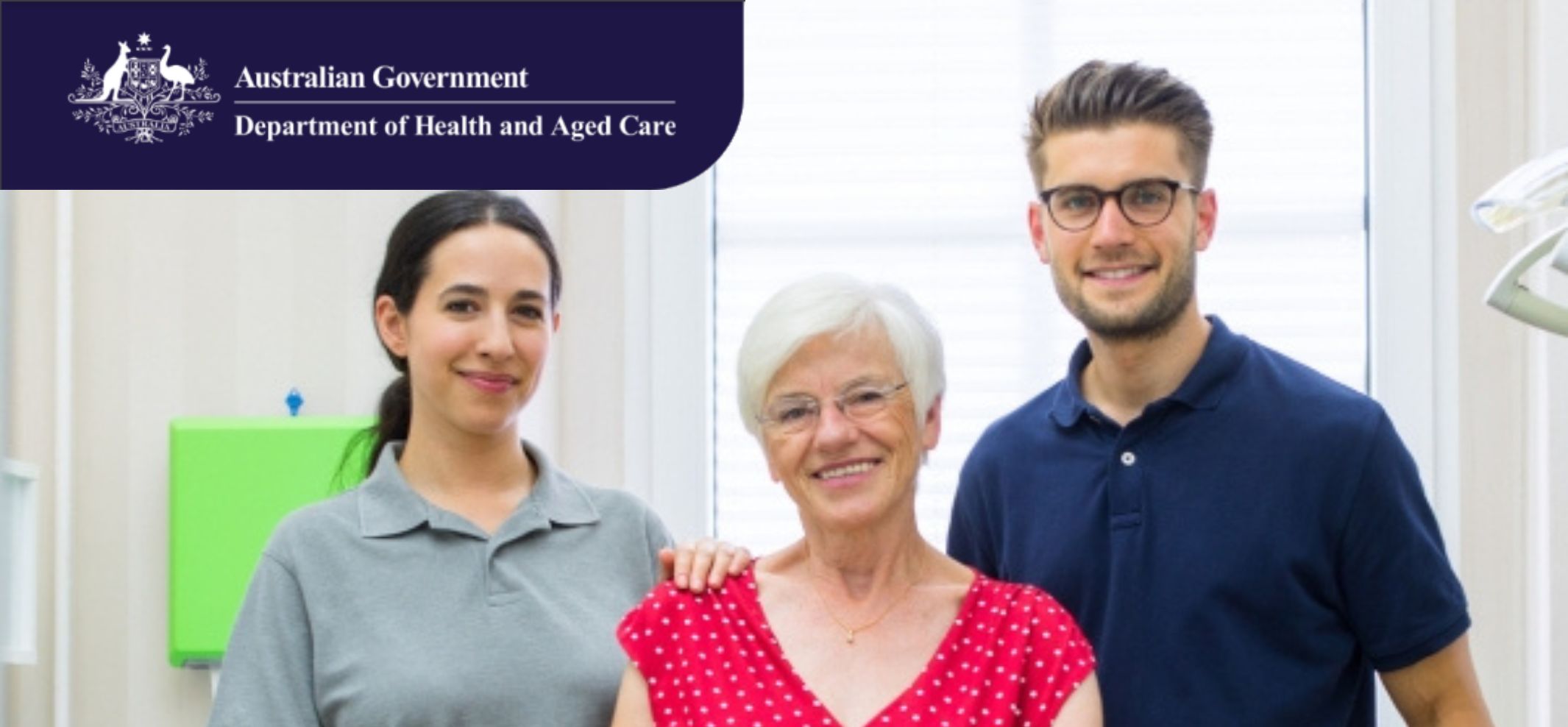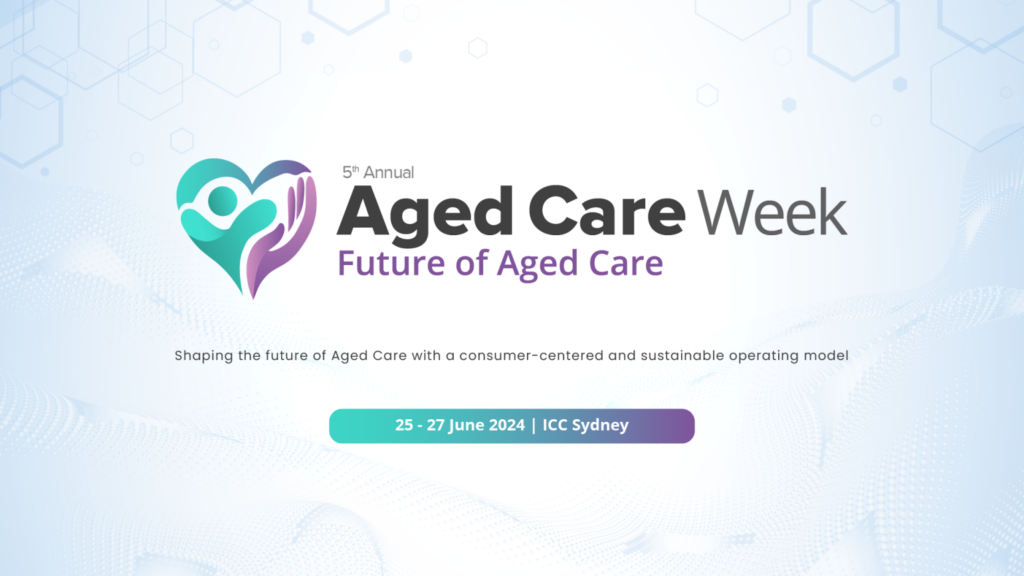The Productivity Commission estimates that the number of people needing aged care services in Australia will jump from 1 million to 3.5 million by 2040.
But the numbers are not showcasing the full story. The profile of aged care users must be considered as well. In 2040 the bulk of baby boomers will passage 85 years and will have varying expectations from service providers. They will have lived a prosperous life and will bring their consumerist values and wants into the aged care space. Providers will have to grow to new levels of options, convenience and service excellence or they will lose customers to their competitors.
When consumer-directed care was first recognized in the UK and NZ, there was a major shift of services from the NFP sector to commercial providers and new candidates, as NFPs were unable to adjust and alter their operating models to be consumer-focused enough to hold onto their clients.
Providers must comprehend that even now, but by 2040, the consumer is in-charge, unencumbered by the brand with greater choice. New loyalties will be established based on requirements, convenience and price and the system will assist people to stay at home, and be part of their communities, for as long as they can.
It will be important for providers to build their brands and improve loyalty by understanding the people they aid, meeting all their requirements and upholding excellent client relationships. Aged care providers must become highly customer focused or face going out of business.
Providers will also need to investigate using new technologies available now and in the future to attend to their clients’ needs better. Intelligent new technologies like robotics and sensors will benefit providers as they monitor their clients’ wellbeing in their own homes. Nestle is emerging a device that plans meals around individuals’ nutrient needs which would make it stress-free for older Australians to make healthy food decisions without worrying about groceries. Self-driving cars that collect clients and take them shopping, to appointments and to visit their friends and family on a budget could decrease the social isolation experienced by older people in today’s world.
To start the revolution in aged care, providers must modernize and change their operating models, form agility and adaptability into their organizations and recognize that free-market forces will redesign the way that aged care is delivered by generating competition, fostering innovation and meeting budgets.
Written by:
Káti Jahromi Gapaillard
Executive Director, Social Impact, Government, Healthcare, Education
www.akolade.co





















